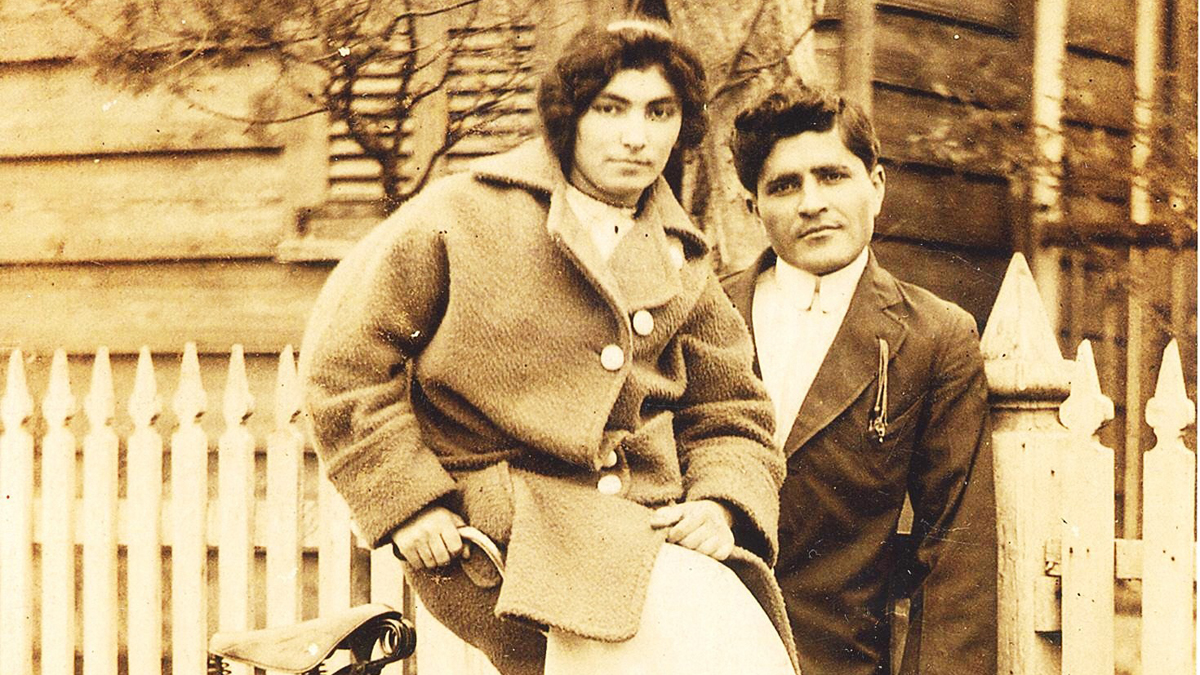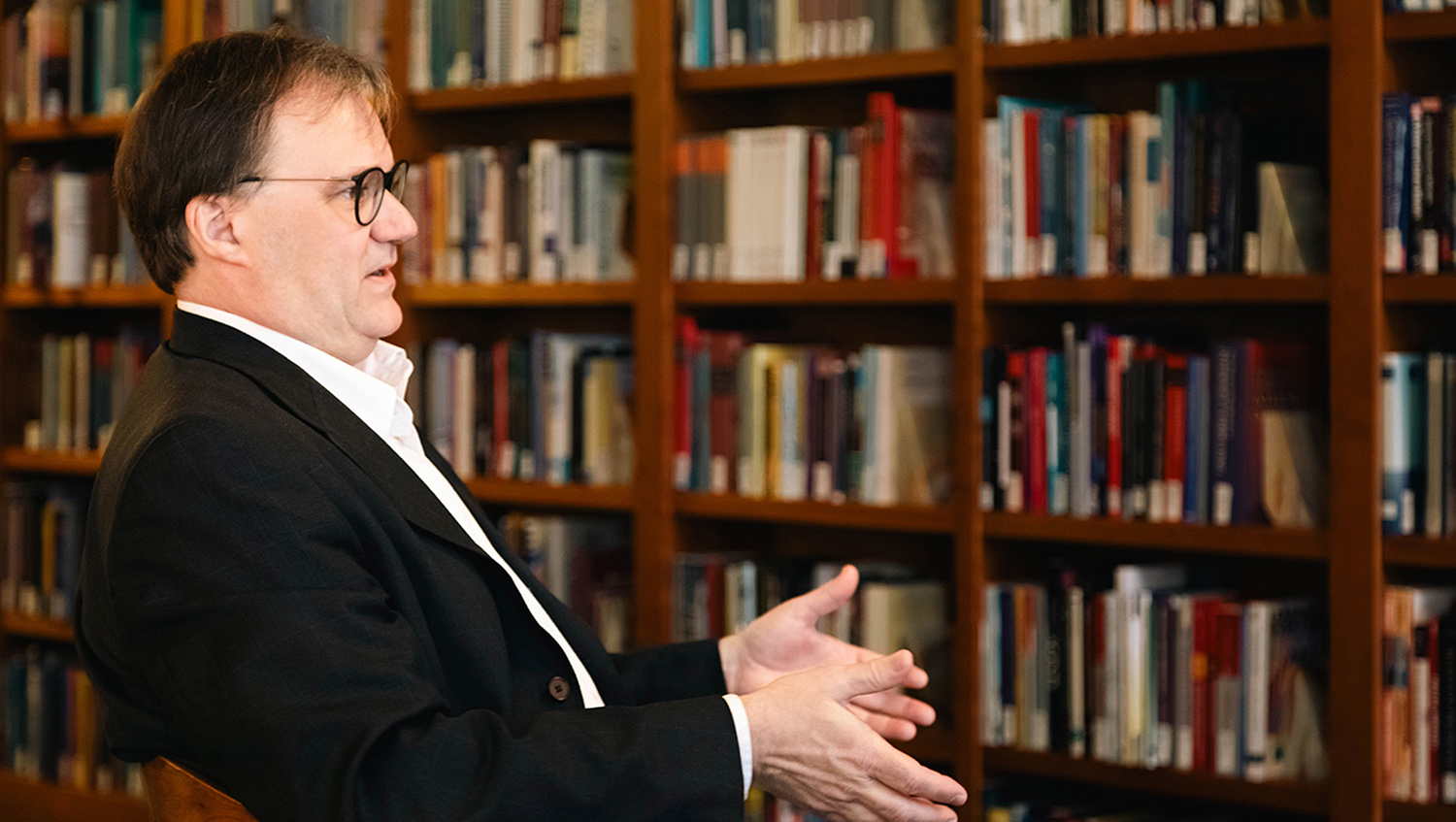They Followed Their Dreams Across the World

Editor’s Note: Earlier versions of this article appeared in our print magazine, Accolades, and online.
In 2014, an NC State history professor’s small pilot project to chronicle the lives of Lebanese-Americans in North Carolina and the American South received a generous $8.1 million gift.
With that support, the Moise A. Khayrallah Center for Lebanese Diaspora Studies has become the only center in the world outside Lebanon dedicated to the study of the Lebanese diaspora.
The center uses both low- and high-tech methods to learn about and share the triumphs, failures, livelihoods and movements of Lebanese people who left their home country.
“Sometimes it’s as simple as recording oral histories of elder members of the community, and teaching volunteers to conduct those interviews,” says Akram Khater, professor of history and founding director of the center. “We hear first-person accounts that paint portraits of a remarkable people: what brought them here, what they have contributed to our society, what they are passing down to the next generations.”
The center’s more high-tech, data-driven research is contributing to NC State’s growing reputation as a hub for digital humanities projects. Not only is that research critical for the center’s researchers, but the data sets are also being made available to scholars — and to the Lebanese community — around the world. Current projects include the following:
- Marjorie Stevens, the center’s lead researcher, has been mining Lebanese-American death certificates dated 1909 to 1975. She’s using statistical and genealogical data that has not been excavated before to geographically plot Lebanese migration and to understand, in death, the ways in which the community lived.
- Public history graduate student Sarah Soleim is spearheading “Migration and Health,” a project that studies the effects of immigration on the health of Lebanese immigrants. She is evaluating stress, occupational habits and diet as indicators of overall health. Using data sets such as immigrant death certificates that the center has collected from 18 states across the country, Soleim is working to identify the top five causes of death among Lebanese immigrants between 1922 and 1949.
- Peter Knepper, a Ph.D. candidate in sociology, is using census data from 1900 through 1930 to address a pressing need for reliable, fact-based details about the community. Data including marriage and divorce rates, number of children per family and immigrant gender provide some of the most useful information on the demographics and social questions related to Lebanese immigrants in the U.S.

To extend research opportunities to students, the Khayrallah Center offers five awards, from undergraduate internships to a postdoctoral fellowship. Current fellow Lily Balloffet is focusing her research on Arabic-speaking immigrant communities in Argentina in the late 19th and early 20th centuries.
In addition to its focus on research, the center engages an international community of scholars and community members through its website and publications. Readers can respond to pieces published on the site, such as academic essays tackling sociopolitical issues or personal histories that evoke memories of Lebanese-Americans’ rich culture and cuisine. The center’s online scholarly journal, Mashriq & Mahjar: Journal of Middle East Migration Studies, provides cultural critiques, scholarly articles and book reviews from leading academics.
“The Khayrallahs’ generosity has enabled us to lay the groundwork to engage local, national and global audiences in timely discussions of the migration, identity and notions of communities,” Khater said. “While our specific focus is on the Lebanese diaspora and the Middle East, the research, dialogues and networking underway here invite and encourage all people to critically examine their histories. Only by understanding our past can we see more clearly where we’re headed.”


